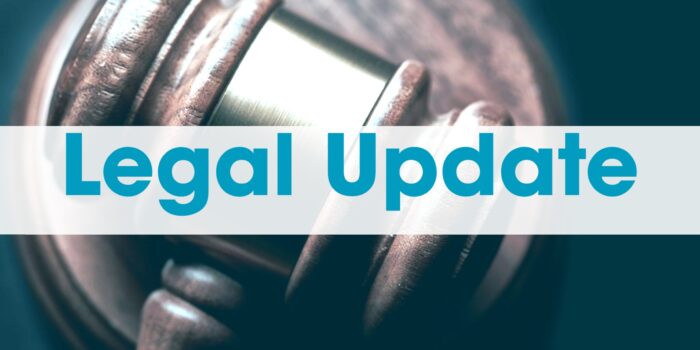09 Apr IRS Publishes Guidance for 2021 Employee Retention Credit (Q1/Q2)
[wpseo_breadcrumb]
The ERC was originally created by the Coronavirus Aid, Relief, and Economic Security Act (CARES Act), and has since been modified and extended by other laws—most recently, the American Rescue Plan Act (ARPA) on March 11, 2021.


 On April 2, 2021, the Internal Revenue Service (IRS) published Notice
On April 2, 2021, the Internal Revenue Service (IRS) published Notice  Washington Insurance Commissioner Mike Kreidler recently issued a temporary emergency
Washington Insurance Commissioner Mike Kreidler recently issued a temporary emergency  The Departments of Labor, Health and Human Services and the Treasury (Departments) have provided answers to a second set of frequently asked questions (FAQs Part 43) about health coverage issues related to COVID- 19, including implementation of the Families First Coronavirus Response Act (FFCRA) and the Coronavirus Aid, Relief and Economic Security Act (CARES Act).
The Departments of Labor, Health and Human Services and the Treasury (Departments) have provided answers to a second set of frequently asked questions (FAQs Part 43) about health coverage issues related to COVID- 19, including implementation of the Families First Coronavirus Response Act (FFCRA) and the Coronavirus Aid, Relief and Economic Security Act (CARES Act). On March 27, 2020, the Coronavirus Aid, Relief and Economic Security Act (CARES Act) was signed into law. In addition to providing direct financial assistance to Americans, the CARES Act repeals the Medicine Cabinet Tax provision of the Affordable Care Act (ACA), expanding the list of qualifying expenses that can be purchased with health savings accounts (HSAs).
On March 27, 2020, the Coronavirus Aid, Relief and Economic Security Act (CARES Act) was signed into law. In addition to providing direct financial assistance to Americans, the CARES Act repeals the Medicine Cabinet Tax provision of the Affordable Care Act (ACA), expanding the list of qualifying expenses that can be purchased with health savings accounts (HSAs).